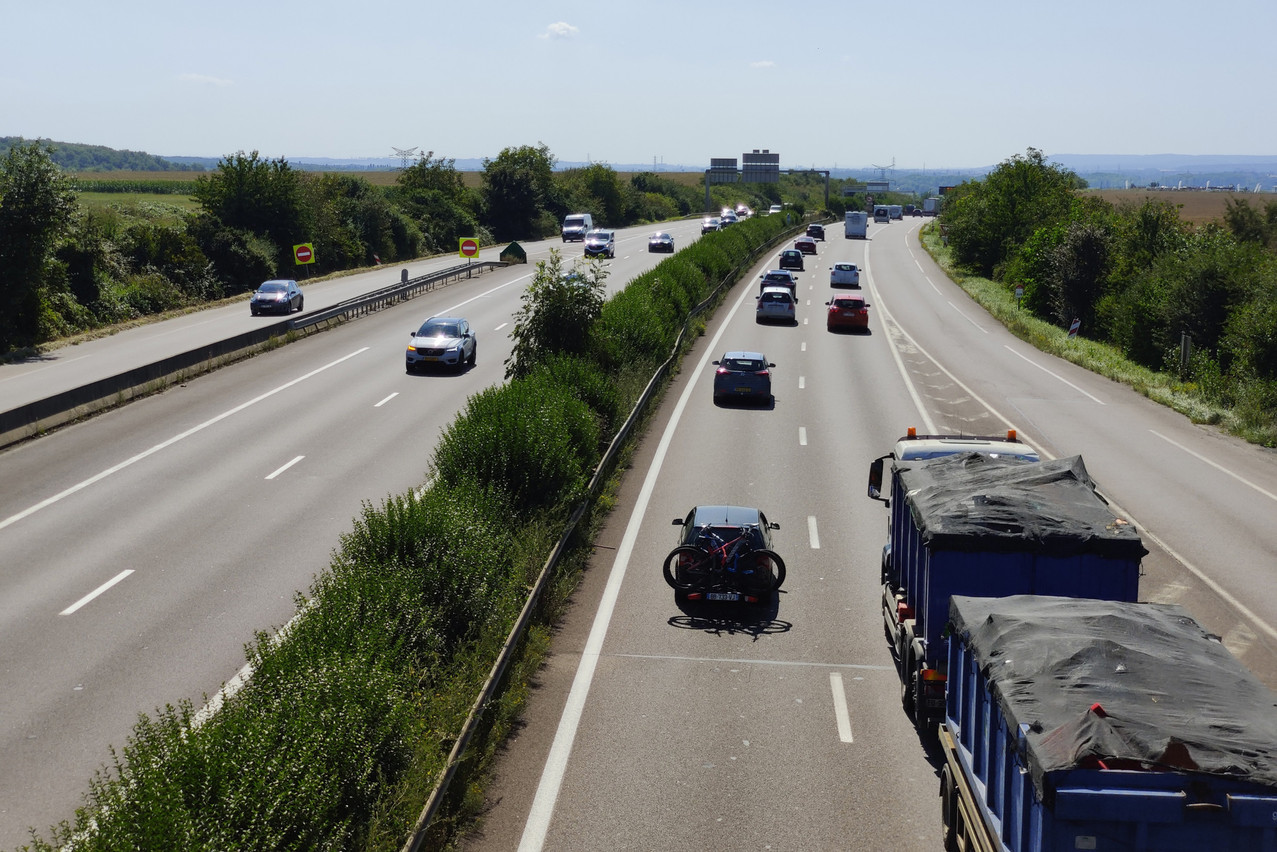Germany would save 1.9 million tonnes of CO2 emissions annually with a speed limit on all its motorways of 130km/h, like in Luxembourg and France, and as much as 2.6 million tonnes at 120km/h, like in Belgium.
These findings by Germany’s federal environment agency had prompted the environment minister of the Länder, Germany’s 16 federal state, to put forward a plan to introduce speed limits in Germany. Climate change isn’t the only concern with the debate also being fuelled by the war in Ukraine and rising petrol prices.
Luxembourg’s environment minister Claude Turmes (déi Gréng) earlier this month had a Europe-wide speed limit to help save fuel.
A German automobile club, the AvD, has already attacked the plans. With countrywide annual emissions of 760m tonnes of CO2, the speed limit savings would make little difference, it said.
The deal is also far from being sealed as Germany’s parliament, the Bundestag, will have to agree both in principle and also on the finer details, such as what the speed limit should be. The debate to introduce a speed limit re-emerges in regular intervals, also in connection to road safety, but has so far always failed to find a majority.
Few fast drivers
Around 60% of German motorways have no speed limits. But more than three quarters of driver (77%) drive at less than 130km/h, according to a study by the German Economic Institute in September 2021. 12% drive between 130 and 140km/h and less than 2% at more than 160km/h.
France, for its part, is considering reducing penalties for what it calls minor speeding offences.
A fine would remain, drivers will no longer lose points if they exceed the limit by less than 5 km/h. The measure would be accompanied by a crackdown on drivers trying to get out of fines by contesting fines and saying they weren’t behind the wheel.
More than half of speeding tickets issued in France (58%) are below 5km/h. With elections on the horizon in Frnace in June, opposition parties have called the proposal bait to gather votes. A final decision has not yet been taken.
This story was first published in French on . It has been translated and edited for Delano.
